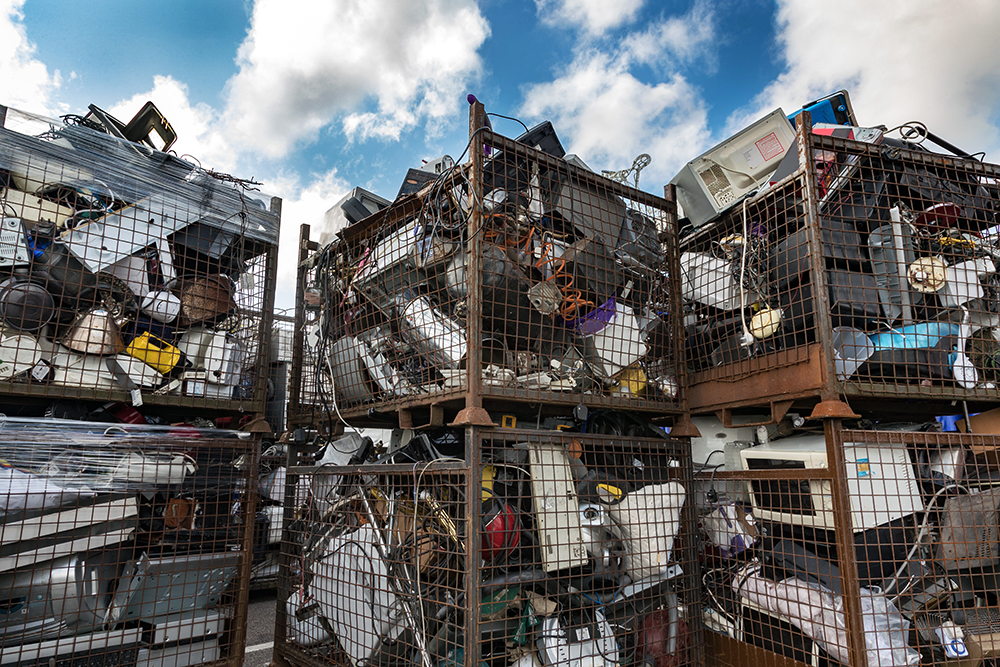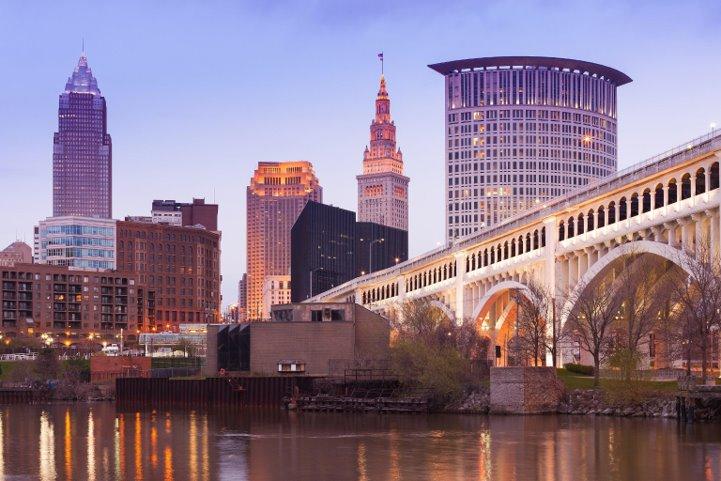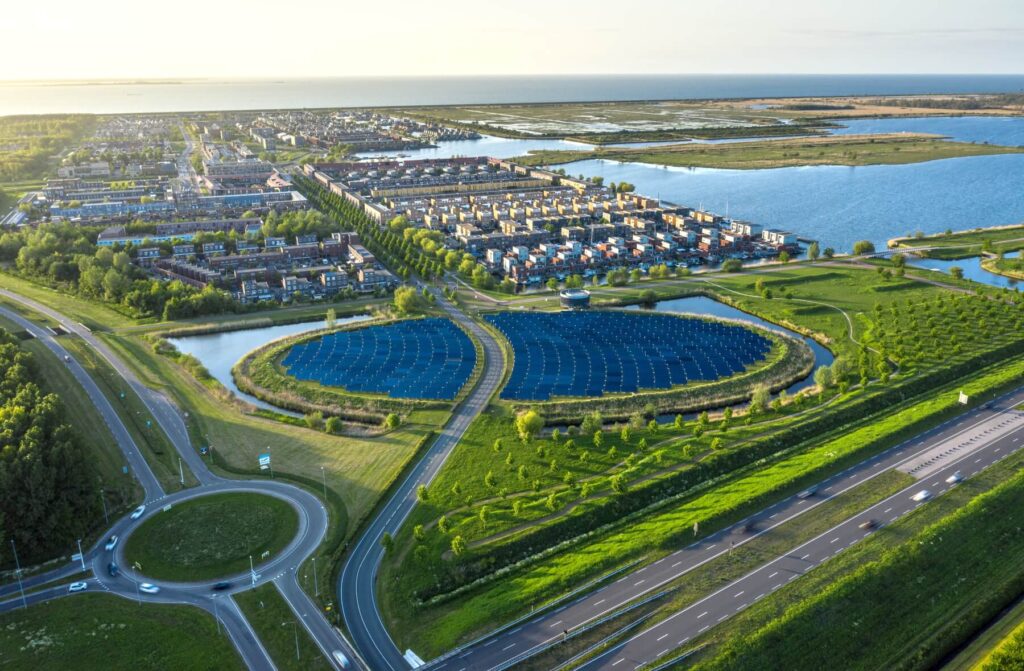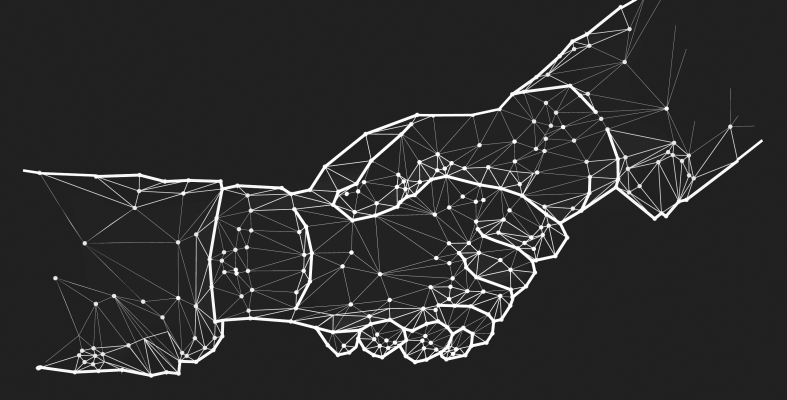Accelerating the Impact of Mission-Driven Organizations

Through our Global Pro Bono (GPB) program, we provide mission-driven organizations with an external team of corporate consultants who are dedicated to working on a high-priority project of the organization’s choosing.
Closing the E-Waste Loop

Through this pilot, Pyxera Global and its data modeling and analytics partner, Metabolic, are working with the logistics leader to create an innovative reverse logistics hub. This pilot will inform a blueprint for the industry to determine how logistics companies can use existing infrastructure and new local community relationships to recover old electronics, then process and redistribute them for commercial use at economies of scale.
Circular Cleveland: Creating a Baseline for a New Economy

Pyxera Global’s work is founded on the belief that inclusion and the voice of the historically marginalized communities should be front and center for any circular city. Equitable Circular Cleveland showcases the effectiveness of that method by blending Pyxera Global’s multi-sector approach and community-driven ethos with Metabolic’s science-based philosophy.
Leverage the Power of Circular Economy and Existing Net Zero Resources

Transitioning to net zero can significantly reduce global greenhouse gas emissions, an important step to tackling climate change. According to the Net-Zero Challenge several companies committed to reducing their emissions are achieving reductions in emissions.
Net Zero Transition Plans Should be Centered around Justice and Inclusion

The net zero transition is core to being a responsible business and should incorporate circular economy strategies, leverage cross-sector partnerships, center justice and inclusion into plans, and demonstrate progress through the ESGs to ensure the transition benefits business and society.
The Corporate Journey to Net Zero

The net zero transition is core to being a responsible business and should incorporate circular economy strategies, leverage cross-sector partnerships, center justice and inclusion into plans, and demonstrate progress through the ESGs to ensure the transition benefits business and society. This is the first article of our Corporate Pathways to Net Zero series, produced by Pyxera Global.
Use the Environmental, Social and Governance Reporting Framework to Demonstrate Progress on Reducing Greenhouse Gases

The net zero transition is core to being a responsible business and should incorporate circular economy strategies, leverage cross-sector partnerships, center justice and inclusion into plans, and demonstrate progress through the ESGs to ensure the transition benefits business and society.
Igniting Change with Circular Partnerships

Transitioning from a linear to a circular economy requires a seismic shift in the way we produce, consume, think, and behave. For a systems change of this magnitude to truly take root, the public, private, and social sectors must coalesce around a common circular vision—one that is inclusive of all communities, at all scales. While each of us has an important function in the transition, the role of the private sector, our economic engine, will be the ultimate catalyst for unprecedented change.
